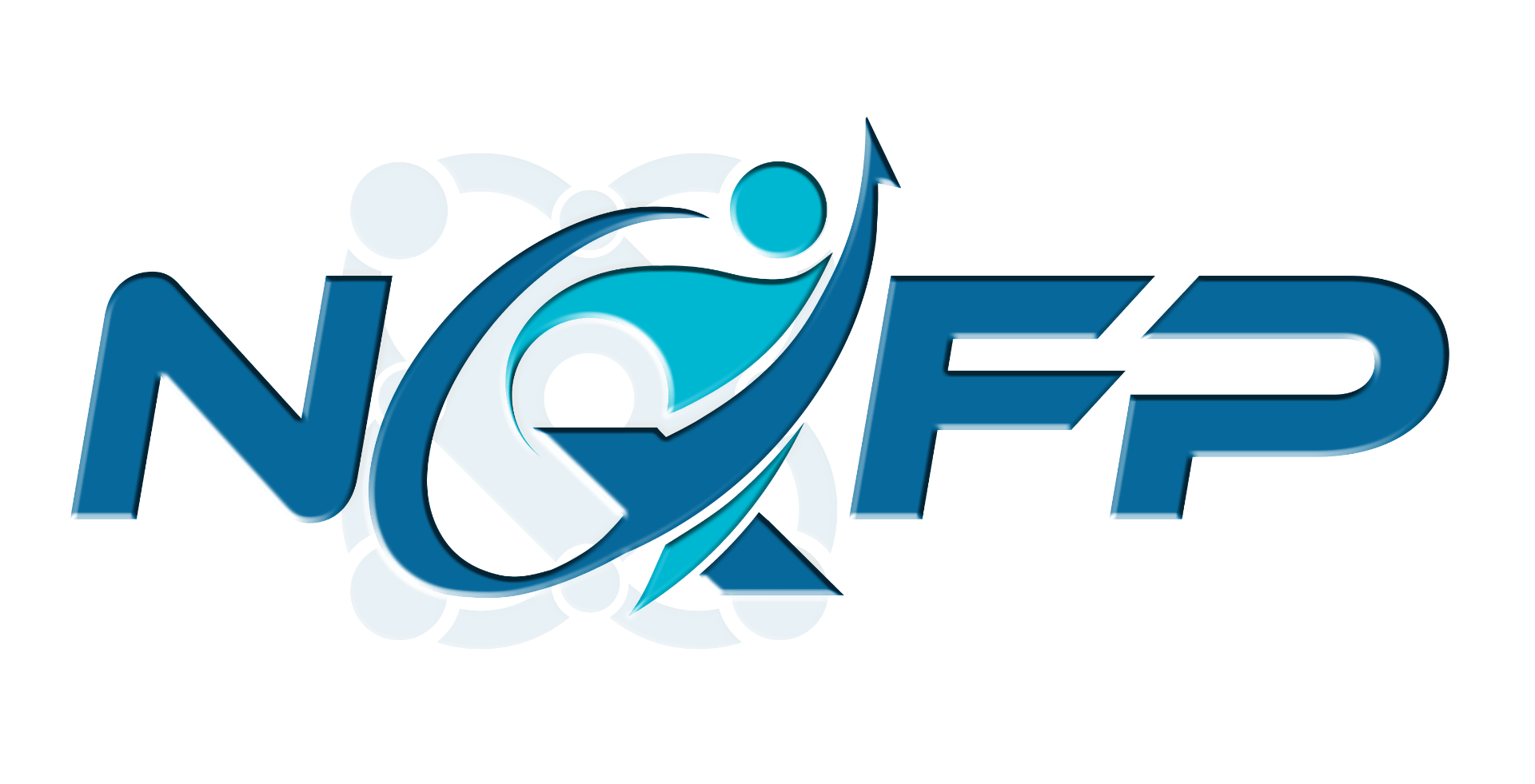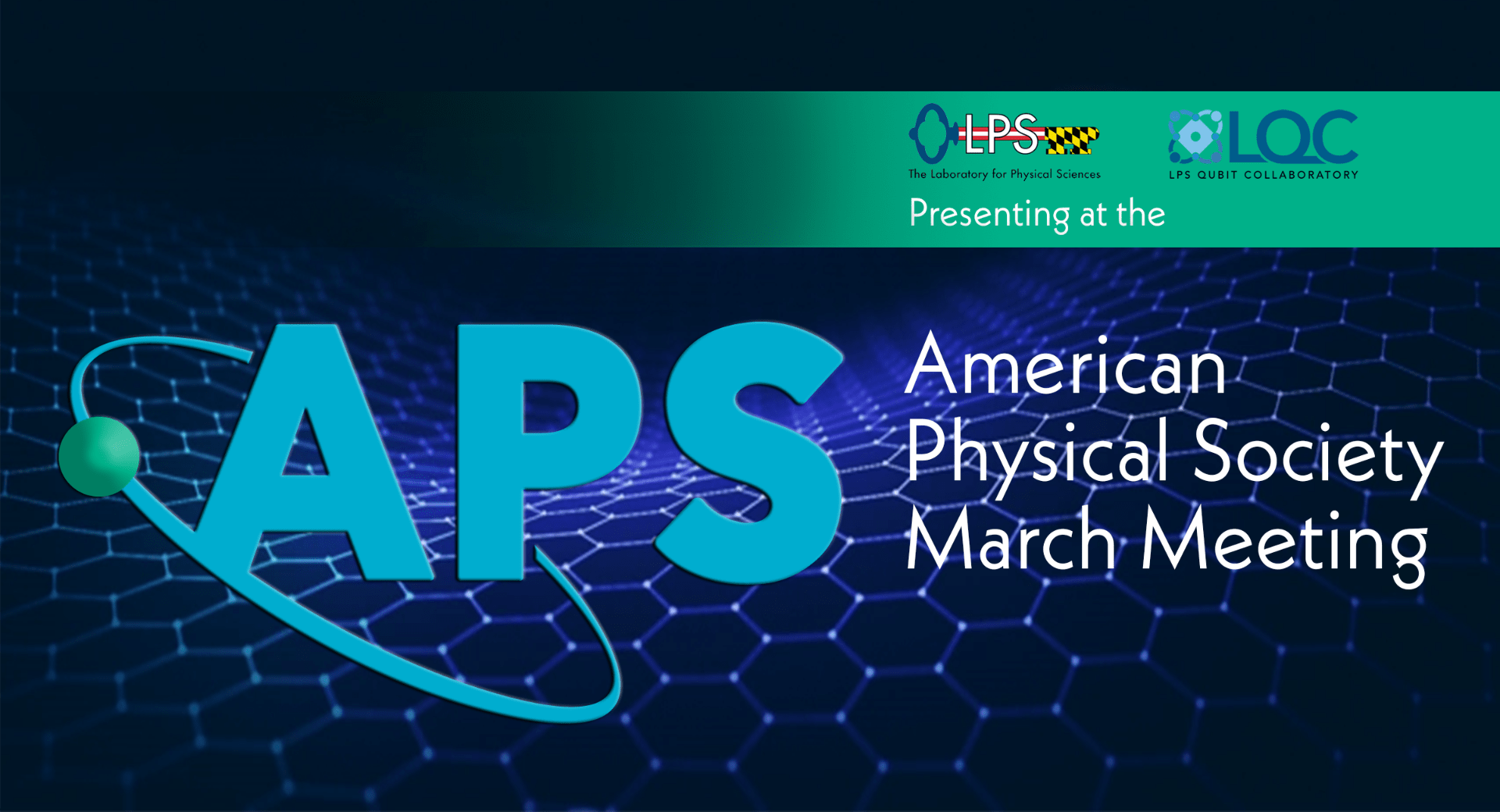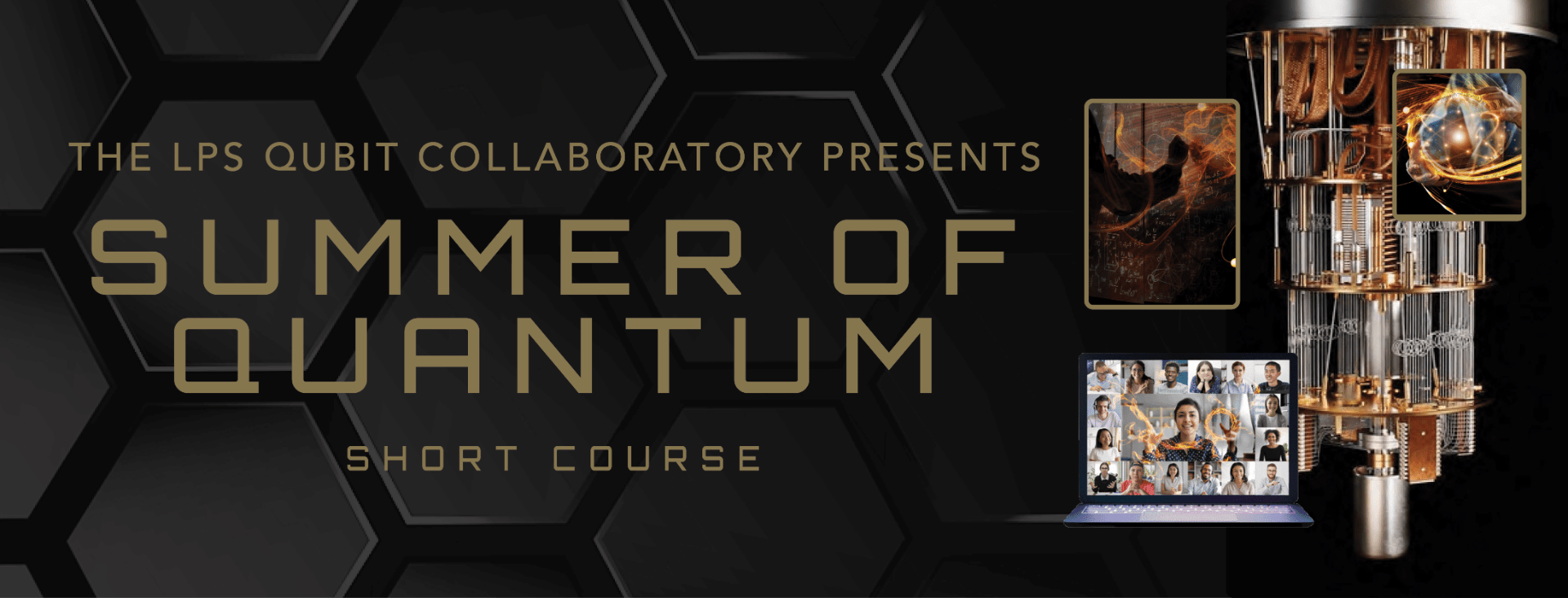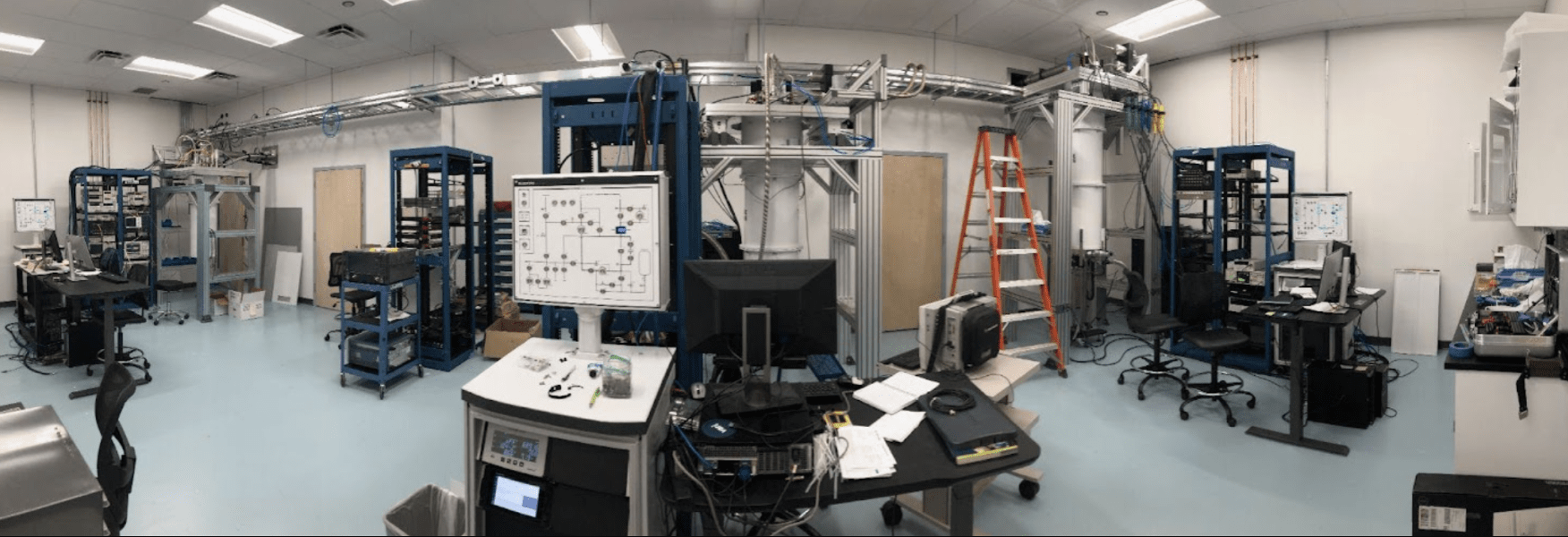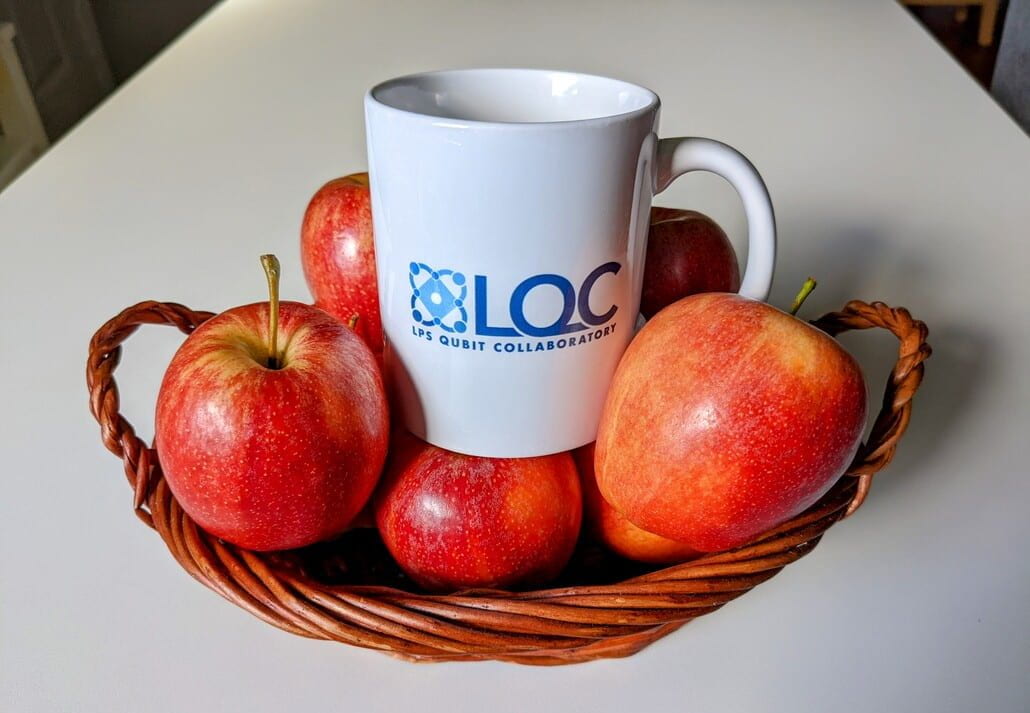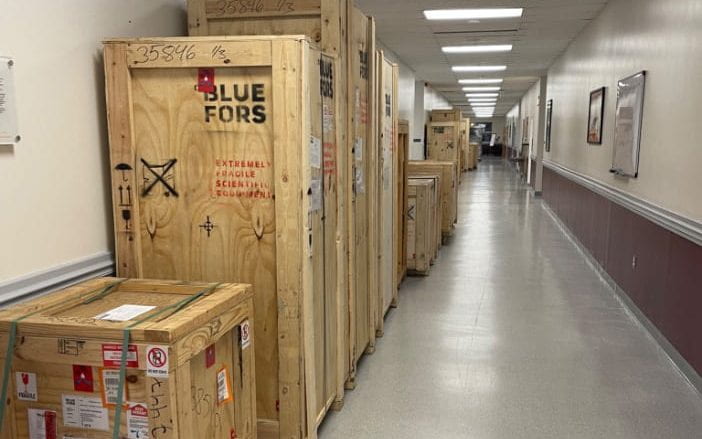Blogs
The LQC National Quantum Fellowship Program
(March 21, 2024)
The Laboratory for Physical Sciences (LPS) Qubit collaboratory (LQC), in partnership with the Oak Ridge Institute for Science and Education (ORISE), is proud to announce a new fellowship program to support workforce development across the country. The LQC National Quantum Fellowship Program supports research of talented U.S. citizen graduate students and postdoctoral candidates to stimulate participation in research related to quantum computing by pursuing research focused on advancing quantum information science (QIS) devices. Applicants in physics, materials science, electrical engineering, or other disciplines relevant to QIS with a background from either within or outside QIS are encouraged. This opportunity is open to U.S. citizen graduate students or postdocs at a U.S. academic institution.
The application deadline May 3, 2024 3:00:00 PM Eastern Time Zone
For more information or submit an application visit the ORISE program page.
LPS Presentations at APS March Meeting
(March 5, 2023)
Attending 2023 APS March meeting March 5-10? Check out these presentations by Laboratory for Physical Sciences (LPS) Researchers and our collaborators. READ MORE.
The 2023 Summer of Quantum Short Course Recap
(October 19, 2023)
The Laboratory for Physical Sciences (LPS) Qubit Collaboratory (LQC) hosted its third annual Summer of Quantum Short Course July 24 – August 4, 2023. In addition to providing instruction to our participants from leading quantum information scientists as we’ve done in the past, this year’s course included some new elements. READ MORE.

Qubits for Computing Foundry (QCF) announcement
(June 14, 2023)
The Laboratory for Physical Sciences (LPS), in collaboration with the Army Research Office (ARO), is proud to announce that Lincoln Laboratory, Intel Corporation, and HRL Laboratories are partnering with the LPS Qubit Collaboratory (LQC) in the Qubits for Computing Foundry program. READ MORE.
Happy New Year from the LQC
(February 21, 2023)
The Laboratory for Physical Sciences (LPS) launched the Qubit Collaboratory (LQC) two years ago to accelerate disruptive qubit research, create innovative workforce development programs, and establish deep, collaborative partnerships to tackle some of the hardest open problems in Quantum Information Science (QIS). READ MORE.
Measuring the Speed of Quantum Information
(April 12, 2022)
When discussing qubits and quantum computers, we usually think of them in terms of digital calculations (most notably Shor’s algorithm to factor prime numbers) and the advantage they have over classical algorithms. But while the field has been advancing at breakneck speed for the last decade and more, the fidelity of current devices remains far from what is required for such applications. This is because these requirements are very stringent: digital algorithms generally need to be able to run a full calculation without a single mistake. For an application like factoring a 2048-bit number, such as the ones used in modern encryption, this corresponds to an error rate of less than one in 108 after error correction algorithms are applied. READ MORE.
A Brief History of My Time at the LPS Qubit Collaboratory
(February 11, 2022)
My name is Tom Wong, and I am an assistant professor of physics at Creighton University in Omaha, Nebraska. I had the pleasure of visiting the Laboratory for Physical Sciences (LPS) Qubit Collaboratory (LQC) for eight months, from June 2021 through February 2022. In this blog post, I will share my experiences. READ MORE.
Goodbye 2021 and Happy New Year from the LQC!
(February 02, 2022)
As we look forward to a 2022 filled with more great research, let’s take this opportunity to review some of what we have accomplished together already in 2021. READ MORE.
Gapped Frustration-Free Local Spin Chains
(January 04, 2022)
The Mizel group has held a long-standing interest in the adiabatic quantum computation paradigm and in the technical issues surrounding temperature. Recently, the group published a paper in Journal of Physics: Condensed Matter proposing a model system [2] that performs a trivial computation — a series of approximate identity gates applied to a single quantum bit. READ MORE.

